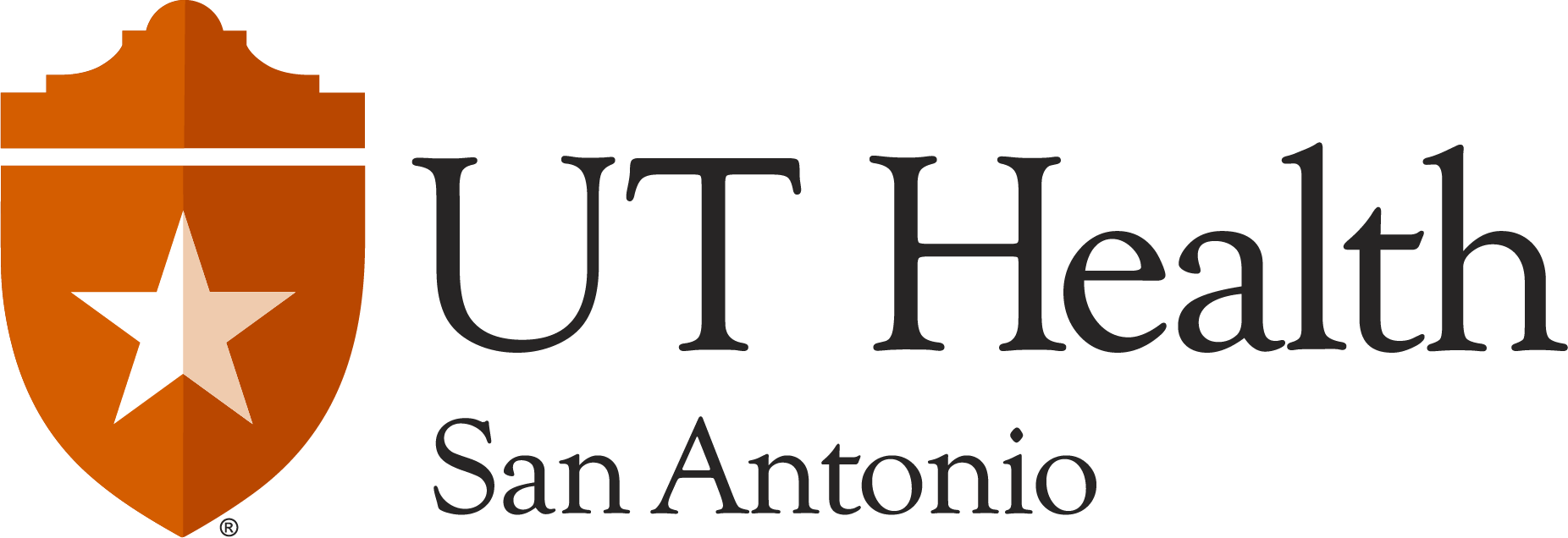| Primary Author: | Jason Katz, MA |
| Co-Principal Investigators/Collaborators: |
Susan Baseman, PhD, Frank Rider, MS, Abraham Wandersman, PhD, Andrea Lamont |
| Organization: | American Institutes for Research |
Abstract
Purpose
The proposed poster will provide information about how Getting To Outcomes® (GTO®) can be used to enhance quality in technical assistance (TA) services. GTO is a ten-step accountability approach, traditionally used with programs and services to enhance quality in processes such as planning, implementation, and evaluation/continuous quality improvement (Acosta, Chinman, Ebener, Malone, et al., 2013; Wandersman, Imm, Chinman, & Kaftarian, 2000). GTO-TA offers a lens for addressing ten key questions to help ensure that TA is delivered in a systematic way that leads to the accomplishment of desired TA outcomes (i.e., building the TA recipient’s general and/or innovation-specific capacities (Wandersman, Chien, & Katz, 2012).
Background
Each year billions of dollars are spent on providing technical assistance to build the capacity of host settings (e.g., organizations, communities) to implement innovations. What do we know about how to provide TA with quality? There is a need to better understand how a quality-based accountability perspective helps to enhance the science and practice of TA.
Materials & Methods
We will focus specifically on how a GTO-TA toolkit can help to enhance quality in strategic planning steps (e.g., conducting a needs and resource assessment, establishing goals and desired outcomes, best practices), evaluation, and sustainability. The toolkit was piloted amongst TA providers supporting community-based practitioners providing mental health services to children and their families.
Results
Feedback from piloters indicated that the toolkit was helpful in a number of ways. GTO-TA was especially helpful for new teams and new TA projects in assessing TA needs, setting goals, and selecting TA practices. Other feedback indicated that the approach helped to standardize TA, but there was also recognition that customization are needed for specific TA relationships.
Conclusion
The results from the pilot suggest that GTO-TA may be a promising approach to helping to ensure quality in TA services that are provided to community-based practitioners. Use of the approach requires longer-term follow-up to draw additional recommendations and should be used in other content areas.
Bibliography
- Acosta, J., Chinman, M., Ebener, P., Malone, P.S., Paddock, S., Phillips, A., Scales, P., & Slaughter, M.E. (2013). An intervention to improve program implementation: findings from a two-year cluster randomized trial of Assets-Getting To Outcomes. Implementation Science, 8, 87.
- Wandersman, A., Chien, V.H., & Katz, J. (2012). Toward an evidence-based system for innovation support for implementing innovations with quality: tools, training, technical assistance, and quality assurance/quality improvement. American Journal of Community Psychology, 50(3-4), 445-459.
- Wandersman, A., Imm, P., Chinman, M., & Kaftarian, S. (2000). Getting to outcomes: A results‐based approach to accountability. Evaluation and Program Planning, 23, 389‐395.
© Improvement Science Research Network, 2012
The ISRN published this as received and with permission from the author(s).

